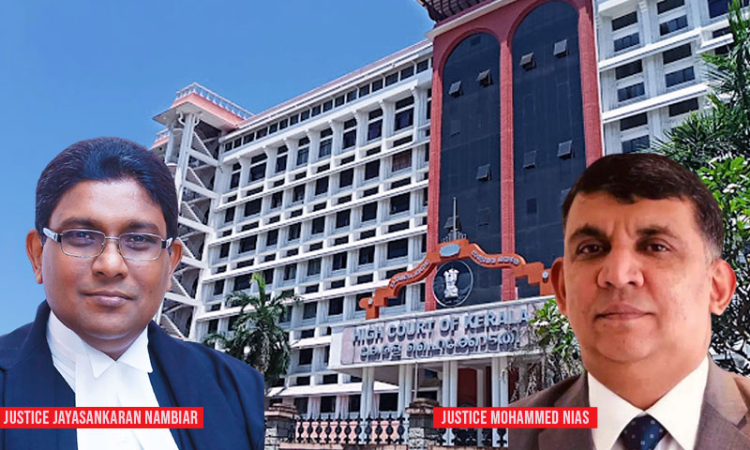Power To Arrest Can't Be Used As A Punitive Tool Unmindful Of Safeguards Mandated U/S 41 CrPC: Kerala High Court
Hannah M Varghese
29 July 2022 1:15 PM IST

Next Story
29 July 2022 1:15 PM IST
The Kerala High Court on Wednesday ruled that the State and the police cannot use their power to arrest an individual as a punitive tool or a means to mete out harassment and that they have the duty to observe the safeguards provided under Section 41 of the Code of Criminal Procedure (CrPC). A Division Bench of Justice A.K Jayasankaran Nambiar and Justice Mohammed Nias C.P ordered so in...
